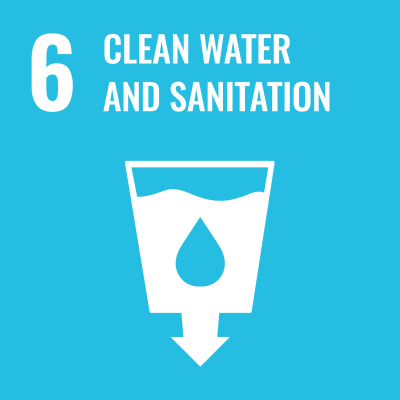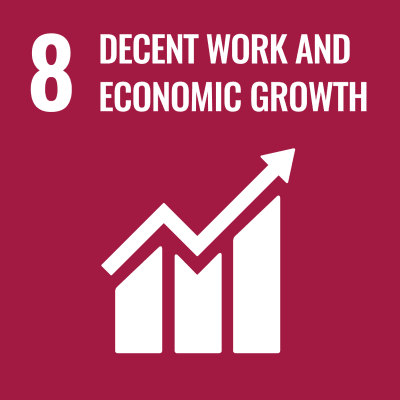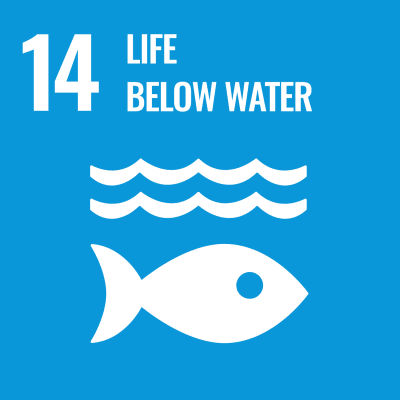-
Institute for the Advancement of Higher Education, Center for Fundamental Education
- Assistant professor
- Fumina KAWAI
- Research Field
Dance education(Physical education, and physical and health education-related)
- Keyword(s)
Movement in dace,Physical expression
- Research theme
-
- Images and movements in dance
- Teaching methods that elicited physical expression.
Outline of research activities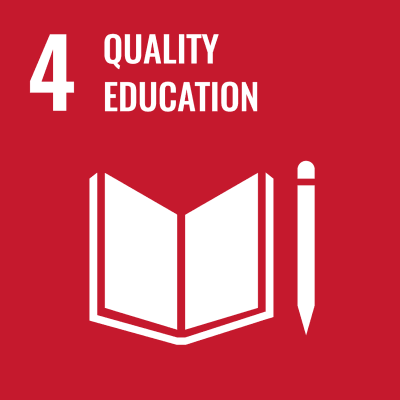
I am studying the images and movements of the learners in dance, and the teaching methods that elicited physical expression.
I am studying the image and movement in dance, such as what kind of image the learner perceives and what kind of movement appears,toward the realization of creative physical expression.
I would like to develop learning and teaching methods through exercise and sports, including dance.- Desired cooperation
-
- Research on dance education
- Practical research on expression activities
-
Institute for the Advancement of Higher Education, Center for Teaching License Support
- Professor
- Nobuyuki TAKAHASHI
- Research Field
Inquiry-based learning, informatics education, science education
- Keyword(s)
Inquiry, Informatics, Science, STEAM, ICT Utilization
- Research theme
-
- Teaching and Learning Strategies for Inquiry-based learning.
- Measurement and development of programming thinking skills.
- Development of teaching materials for Inquiry-based learning.
Outline of research activities
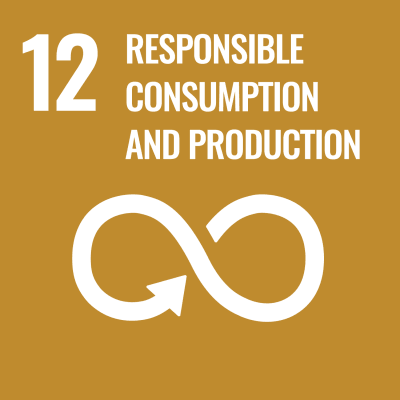
Teaching learning strategies that allow students to learn inquiringly in cooperation with their peers are attracting attention, as a learning activity that fosters 21st century academic ability, such as comprehensive inquiry time and inquiry activities for each subject that are included in the Course of Study and implemented at each school. In addition, the GIGA School Concept requires the use of ICT in such learning activities.
I am conducting research on effective teaching and learning strategies based on practical examples of inquiry-based learning, which is an educational activity required in such an era. In particular, practical training is emphasized in the Department of Informatics, and the development of learning materials and the accumulation of teaching plans are awaited so that students can acquire “information theory”, “information ethics”, “programming thinking ability”, and “practical ability to utilize information” by learning independently using ICT. Takahashi Laboratory has developed such teaching materials, analyzed practical cases, and conducted research on methods to measure the qualities and abilities of students, which is the basis for verifying their effectiveness.- Desired cooperation
-
- Research and development of ICT-based information learning materials
- Research on apps and teaching materials that cultivate programming thinking skills
- Joint development of STEAM learning materials for learning through manufacturing
-
Institute for the Advancement of Higher Education, Center for Teaching License Support
- Professor
- Tetsuya AKAZAKI
- Research Field
Subject pedagogy
- Keyword(s)
science education, teacher training
- Research theme
-
- Teaching methods in science
- Research on teaching materials
- How to train teachers to be able to objectively reflect on themselves
Outline of research activities

We are researching the nature of science education, such as student-led lesson development and creative questioning, to nurture children who love science and teachers who can truly enjoy science classes.
- Desired cooperation
-
- Teaching methods in science
- Research on teaching materials
-
Institute for the Advancement of Higher Education, Center for Teaching License Support
- Professor
- Yoshihiro FUJIMOTO
- Research Field
Science Teaching、Educational Technology、Teacher Education
- Keyword(s)
Science、Lesson Study、Course of Study
- Research theme
-
- Lesson study based on the viewpoint of revision of new course of study
- Lesson design development and evaluation by collaborative learning support system
- Development of a learning program that fosters students' self-regulation ability by using self-regulated learning theory and OPPA theory
Outline of research activities
〇 Researches on science classes aimed at fostering the qualities and abilities required for children to create society of the future, to face society and the world, to engage with each other, to open up their own lives, and to teachers I am doing research on training.
〇 I am conducting research on development and evaluation of science class lessons by active learning.
〇 I am developing and researching collaborative learning support system that utilizes software and each tablet computer that supports collaborative learning..
- Desired cooperation
-
- Empirical research on science education
- Empirical research on educational technology
- Study on teacher education
-
Institute for the Advancement of Higher Education, Center for Teaching License Support
- Lecturer
- Hiroto FUKUDA
- Research Field
Mathematics Education, Statistics Education
- Keyword(s)
Curriculum, Teaching Unit (Substantial Learning Environment), Modeling
- Research theme
-
- Developmental principles for statistics education curriculum
- Comparison between Japan and New Zealand in statistics education
- Development of teaching unit in statistics education
Outline of research activities

The current society has been the era of the information-oriented society more and more. In addition, humankind is being confronted with a lot of serious issues, especially environmental problems. That’s why they have to try to solve them with the data processing and make decisions. In this sense, it is statistics education that is most important area in mathematics education in order for students to acquire literacy on the data processing and decision-making.
Hence, I focused on the development of statistics education. The objective of my research is to transform from calculus-centered mathematics education curriculum into statistics-centered one. The research methods for achieving this are to analyze and develop the curriculum. About the former, I am comparing Japan with New Zealand because Japan has to cope with globalization and internationalization from now such as New Zealand which has already had much experience on them. About the latter, I selected teaching unit (substantial learning environment) as the theoretical framework which shuttles and integrates between scholarly knowledge and craft knowledge (see Wittmann(2001)’s Figure).
- Desired cooperation
-
- Interdisciplinary research to inquire mathematics education and statistics education in the future from the viewpoint of a great variety of disciplines (e.g., didactics, informatics, philosophy and so on)
-
Institute for the Advancement of Higher Education, Center for Museum Curator Certification Support
- Lecturer
- Kazunori MISAKA
- Research Field
Archeology, Museology
- Keyword(s)
Northeast Asia, Japanese archipelago, Korean peninsula, Jomon period, Yayoi period, Neolithic period, Bronze age, Pottery-making techniques, Rice farming, Museum, 3D measurement
- Research theme
-
- Archaeological research on early agricultural cultures in Northeast Asia
- 3D measurement of cultural properties
- Museum curator qualification systems in Japan and Korea
Outline of research activities
[Archaeological research on early agricultural cultures in Northeast Asia]
Cultivation of rice and millet began in China in prehistoric times, and then spread to the Japanese archipelago via the Korean Peninsula. The immigration of people with agricultural techniques such as paddy fields, fields, and irrigation not only spread farming, but also changed the traditional culture of each region. We focus on the subtle differences in pottery-making techniques and research the process of migration, agricultural spread, and cultural change at the time.
[3D measurement of cultural properties]
We are researching cultural properties such as archaeological materials and museum materials using 3D measurement such as photogrammetry and X-ray CT.
[Museum curator qualification systems in Japan and Korea]
Through a comparison of museum curators and qualification systems in Japan and Korea, We are thinking about their characteristics and social and cultural backgrounds.- Desired cooperation
-
- 3D measurement of cultural properties
-
Student Support Division, Global Center
- Associate professor
- Itsue TANAGAWA
- Research Field
Japanese Language Education, Instructional Design
- Keyword(s)
Motivation in Learning, International Baccalaureate, Japanese Language Teacher Training
- Research theme
-
- Classroom design to motivate learning
- Improving Teaching Practices Through Reflection
- Qualities and abilities required of Japanese language teachers
Outline of research activities

It is said that an increase in motivation to learn leads to effective learning in various situations, including the acquisition of a foreign language. Particularly in foreign language learning, the environment and learning experiences are closely related to learning motivation. I aim to clarify what kinds of learning experiences lead to high motivation for learning and to construct a framework for effective classes.
I am also doing research on how to incorporate reflection into teacher training programs and professional development for foreign language teachers. This will enable them to improve their own teaching practices through self-reflection and reflection with others.
- Desired cooperation
-
- Classroom design to motivate learning
- Reflection and Improvement of Teaching Practices
- Qualities and abilities required of Japanese language teachers
-
Student Support Division, Global Center
- Lecturer
- Mitsuhiro KIMURA
- Research Field
Mathematics Education, Educational Sociology
- Keyword(s)
Mathematics Education, Educational Sociology
- Research theme
-
- Learning Mathematics in Students Second Language
- Effects of ICT in Highschool classroom
- IB (International Baccalaureate) teacher's regognition
Outline of research activities

I am currently conducting research on the effects of the International Baccalaureate (IB) education that is spreading in Japan.
1. I am conducting research on the effects and challenges of the IB in the context of the increasing number of high schools where students are learning mathematics in English.
2. I am conducting research on the effects and challenges of ICT utilization, which is emphasized in the IB.
3. I am conducting research on how high school teachers will change as a result of the implementation of the IB.
We are interested in how to apply the suggestions obtained from the implementation of the IB to schools in general.
- Desired cooperation
-
- Research on cross-curricular learning
- Research on inquiry-based learning
- International volunteer work, etc.
-
Organization for Research and Community Collaboration, The Institute of Viticulture and Enology
- Professor
- Akihiro KANEKO
- Research Field
Brewing , Applied Microbiology, Functional food
- Keyword(s)
Wine, Yeast, Brewing, Functional food
- Research theme
-
- Research into alcoholic beverages.
- Beneficial effects of wine polyphenols.
Outline of research activities

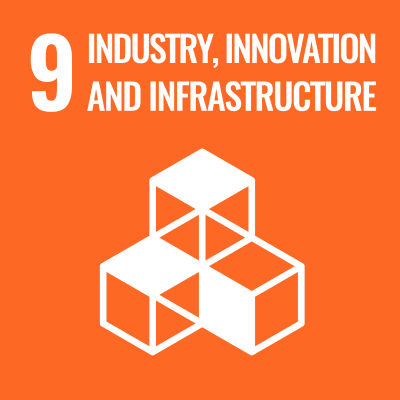



We aim to contribute to the development of the wine industries and education, through our research.
Research and invstigation into wine, Japanese sake, fruits and functional foods. Invesigation of volatile compaounds in wine and its produvtion mechanisms. Especially, advanced analysis and evaluation of wine.Wine has favorable and characteristic flavor. We indentify the characteristic compounds in wine and investigate their production mechanisms.
Wine have multiple health functionalities since it is a fermented material. We investigate the health functionality of wine and fermented foods in vitro.And, we investigate the health functinalities of functinal components fermented foods.

- Desired cooperation
-
- Brewing , Microbiology
-
Organization for Research and Community Collaboration, Research Center for Architectural history and culture
- Professor
- Tsuguto EZURA
- Research Field
History of Japanese Architecture, Prervation and Repair of Cultural Assets, Preservaation of Historic Districts
- Keyword(s)
Historic district and cultural landscape conservation, World Heritage, Ecomuseum
- Research theme
-
- Study on the early modern to modern temples and shrines and residential architectures
- Study on historic districts and villages (Entrusted researches by municipalities)
- Study on securing engineers and materials for repairing architectures of cultural assets
- Study of residential architectures overseas
Outline of research activities

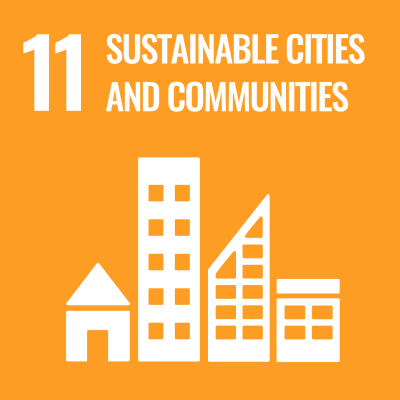

In order to revitalize the rcommunities, many municipalities with declining populations are making efforts to utilize the “history” and “culture” of the region for community development and tourism. However, first of all, it is necessary to academically clarify what are the characteristics of history and culture of the region, and to think of effective ways to use them. The center conducts measurement surveys of historical buildings and townscapes to study the value of cultural assets and methods of utilization, and reports and makes proposals to prefectures and municipalities. We are also promoting research on the utilization of cultural assets at an academic level with the aim of contributing to the local communities, we are training and educating human resources with the ability of “cultural thinking ability” which means to see and think about things from a new point of view with understanding of coexistance and interdependency included in the concept of culture based on the understanding of what is culture. Overseas, we are transferring this technology and training engineers in the Philippines, Bhutan, Fiji, etc., making use of our original restoration method based on surveys of traces.

- Desired cooperation
-
- Survey Commission for Designation and Registration of Historic Buildings
- Technical guidance and general supervision in cultural asset buildings' repair work
- Consignment of townscape preservation surveys and explanations to local residents
- Training project related to protection of cultural properties, etc.
-
Institute for the Advancement of Higher Education,
- Professor
- Yoko HASEBE
- Research Field
Educqtion, Socilology, Psyco-sociology
- Keyword(s)
Educqtion, Inter-linguistic & cultural communication, Social transformation, Agriculture and food culture,
- Research theme
-
- interlinguistic and intercultural communication based on the field of education, and its curriculum design and teaching methods
- Social transformation based on the field of education
- Sustainable collaboration model: among public sectors, private sectors, local communities, universities.
Outline of research activities









Specializes in education through teaching materials, methods, curriculum design, teachers’ training for inter-linguistic and intercultural communication based on social psychology. In 2007, started “Primary School Project” in Democratic Republic of Congo through intercultural collaboration, has continuously introduced how to create an atmosphere for “mutual collaboration” and “sustainable relationship” with the local community, and is always working with young researchers on the fieldwork-based approach in exploring how to interpret social and cultural phenomena in local communities to develop a model school for the area. We have other related projects in Kagoshima, Yamaguchi, Nagano, Kanagawa, Akita, Aomori.
As my specialty is interlinguistic and intercultural communication based on education, and I am researching its curriculum design and teaching methods. Generally, when we think about intercultural communication, it is exchange with foreign countries that comes to mind. However, even when we are talking with Japanese people, a word can often be interpreted completely differently by the other person, due to individual understandings of the image evoked by that particular word that arises from our diverse backgrounds. Nevertheless, there is the mistaken impression that sharing a language or an interpretation equals understanding, and major communication gaps can arise before we know it.
What is more, my special field of research is the creation of environments for interlinguistic and intercultural communication that generate these kinds of “discoveries.” What steps are required, what kind of settings do we need to create, and what kind of program do we need to assemble? This involves developing a curriculum design, creating an environment that generates sustainable shared understandings as quickly and naturally as possible, and coming up with the methodology to teach the required content and language, for example. We are undertaking this research by putting these concepts into practice through specific projects.- Desired cooperation
-
- Researches on collaboration of education x local community x city design x agriculture and food
- Researches on activating public educational system
- Researches on the process of collaboration between local community and university
-
Faculty of Engineering, Department of Information & Computer Engineering
- Associate professor
- Ryo OZAKI
- Research Field
Computer System, Educational Technology
- Keyword(s)
FPGA, PC-FPGA Hybrid Cluster, Machine Learning
- Research theme
-
- PC-FPGA Hybrid Cluster
- e-Learning System for Self-Study
- Engineering Design Education
Outline of research activities

We propose a high-performance computer system called a Hybrid-Cluster and are conducting applied research. It provides a common framework for easy cooperation between computers and consumer electronic devices, such as controlling consumer electronic devices from computers and vice versa. In addition, in the field of educational technology, we are working on practical education, such as efforts to increase students’ self-study time and team development of software in lectures.

- Desired cooperation
-
- Application case for hybrid cluster
- Practical education on software development model

